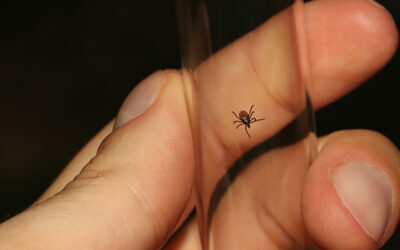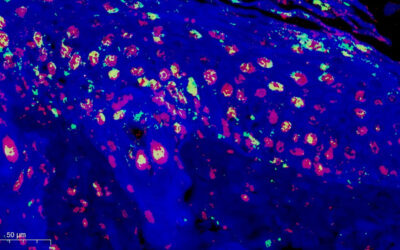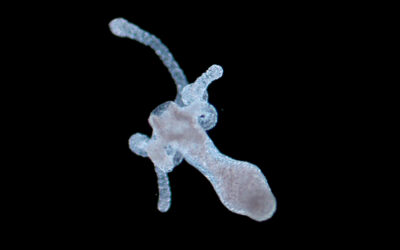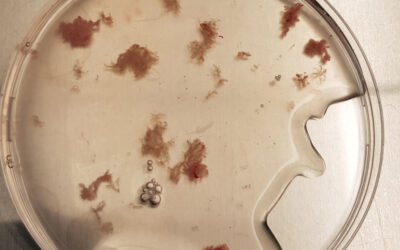Catheter-associated infections are the most common hospital-acquired infections, and have become a major healthcare concern. An anti-bacterial and non-toxic coating on catheters is urgently needed.
A collaboration between researchers in Singapore, Korea, and the US has now reported a series of brush-like polycarbonates containing all three key coating components; a dopamine (for adhesion of polymer to substrate), short chain PEG (for antifouling property) and anti-bacterial cations for killing bacteria. With these polymers, anti-infective coatings can be made by a simple one-step immersion process.
This polymer coating not only kills bacteria upon contact, but also prevents fouling of bacteria and exhibits excellent blood compatibility. Importantly, it stays intact under simulated blood flow conditions, and its antibacterial and antifouling functions remain unchanged for 14 days. The researchers believe that it holds great potential for use in intravascular catheters to prevent bacterial infections.
















